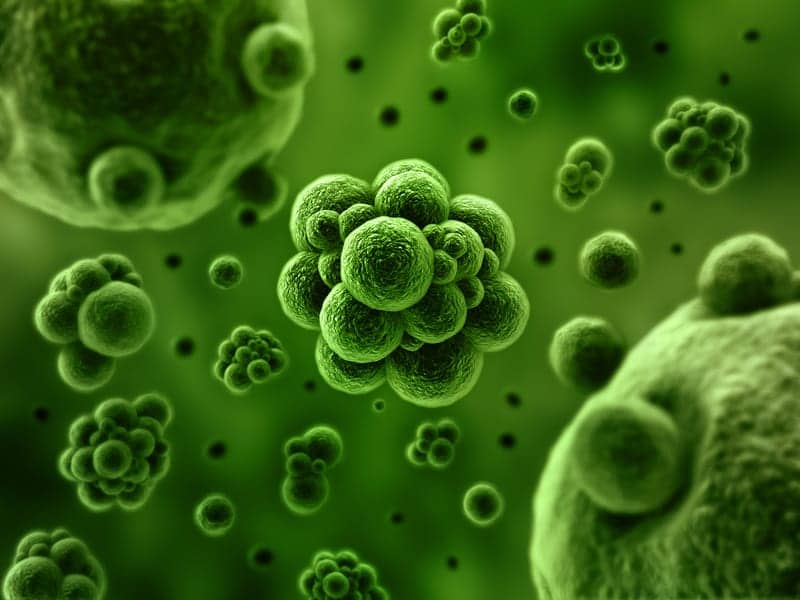New research reveals the bacterium Helicobacter pylori, which is responsible for gastric problems, may also contribute to the severity of bronchiectasis in younger people.
The team enrolled 41 bronchiectasis patients and 16 controls ages 5 to 18 at the Hacettepe University School of Medicine Department of Pediatric Pulmonology in Ankara, Turkey. Helicobacter pylori presence was determined in both bronchiectasis patients and controls by polymerase chain reaction, culture in gastric juice, and bronchoalveolar lavage fluid, as well as with a urea breath test.
Gastroesophageal reflux was detected by monitoring pH in a 24-hour period or by a specific technique called scintigraphy, a noninvasive imaging technique where patients are administered with radionuclides, or radioactive elements called isotopes or tracers which are usually attached to drugs and travel to a specific organ in the body that is then analyzed. The retrieved information was then correlated with the severity and extent of bronchiectasis, measured by computerized tomography scoring.
Researchers found nine patients (22 percent) in the bronchiectasis group and three patients (18.8 percent) in the control group with bronchoalveolar lavage fluid positive for Helicobacter pylori. In the gastric juice, 16 bronchiectasis patients (39 percent) and seven controls (43.8 percent) were positive for the bacterium, while the urea breath test gave positive results in 11 patients (26.8 percent) and three controls (18.8 percent), respectively.
There was no significant difference between the bronchiectasis group and the control group for any of the tested samples, including bronchoalveolar lavage fluid, gastric juice, and the urea breath test, suggesting that Helicobacter pylori has no role in the pathogenesis of bronchiectasis.









